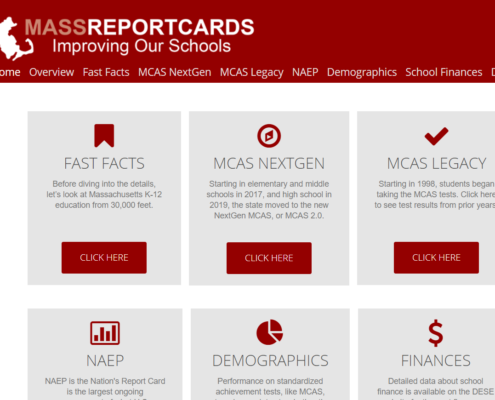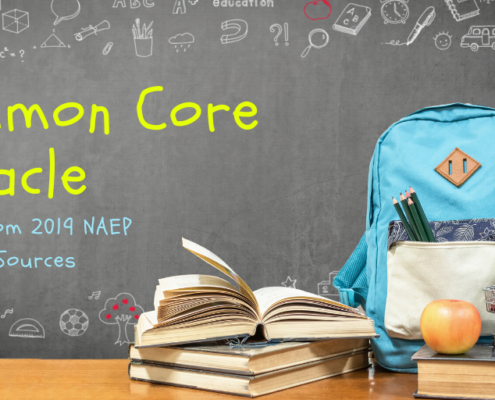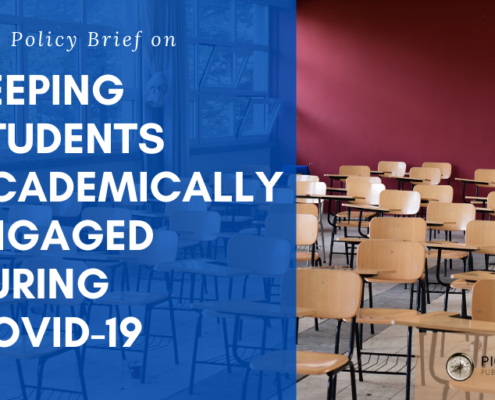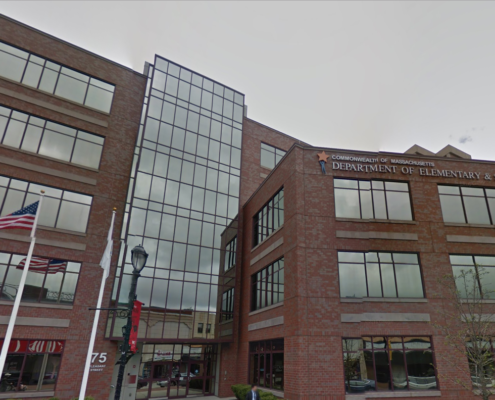Pioneer Institute Files Updated Amicus Brief in Potentially Landmark School Choice Case Currently before U.S. Supreme Court
In the wake of the United States Supreme Court’s June decision to hear Espinoza v. Montana Department of Revenue, a case challenging a state constitutional amendment marked by religious bias, Pioneer Institute today announced that it has again filed an amicus curiae brief, this time urging the Court to strike down Montana’s Blaine amendment.
Massachusetts is among the 38 states with anti-aid Blaine amendments, which prohibit public resources from flowing to individuals to send their children to religiously affiliated schools. The Commonwealth was the first state to adopt such an amendment, and it is generally considered the most restrictive in the country.
The first of the two anti-aid amendments to Massachusetts Constitution was the work of the virulently anti-Catholic Know-Nothing Party, which came to power in the state elections of 1854, after a wave of Catholic immigrants arrived in the Commonwealth during the Irish Potato Famine. The Bay State adopted a second anti-aid Blaine amendment to its Constitution in 1917.
In the Espinoza case, Kendra Espinoza, a suddenly single mom, sought a better education for her daughters. In public school, one daughter was bullied and the other struggled academically. Both would later thrive in a parochial school.
After the Montana Supreme Court struck down her state’s education tax credit program, Ms. Espinoza was denied access to the scholarships her children badly needed. She and two other Montana moms facing similar plights have asked the nation’s highest court to weigh in, and it has agreed to do so.
Learn more about how you can help end bigoted education laws!
“Kendra Espinoza, like so many other parents, sought the education that best suits the needs of her children,” said Pioneer’s Executive Director Jim Stergios. “It’s hard to believe that an amendment steeped in anti-Catholic bias still stands in her way 130 years after its passage.”
Pioneer Institute also filed an amicus brief earlier this year urging the United States Supreme Court to hear the Espinoza case. Both were drafted by a team led by Michael Gilleran of Fisher Broyles and Professor Dwight Duncan of the University of Massachusetts School of Law. They were assisted by Harvard Law School students Annika Boone, Benjamin Fleshman, Anastasia Frane, James McGlone and Grant Newman.
In addition to Pioneer, former United States Solicitor General Paul Clement as well as Attorneys General on behalf of 18 states recently filed briefs urging the Court to strike down the amendment to the Montana Constitution.
For well over a decade Pioneer Institute has highlighted this important legal and educational topic through research, events and op-eds. In 2018, Pioneer produced a 30-minute documentary, “Big Sacrifices, Big Dreams: Ending America’s Bigoted Education Laws,” that chronicles the struggles of four families in Massachusetts, Michigan, and Georgia, all states with Blaine amendments, to send their children to parochial schools.
The Court will hear the case during its upcoming term, which begins in October.
About Pioneer Institute
Pioneer Institute is an independent, non-partisan, privately funded research organization that seeks to improve the quality of life in Massachusetts through civic discourse and intellectually rigorous, data-driven public policy solutions based on free market principles, individual liberty and responsibility, and the ideal of effective, limited and accountable government.
Related Posts:









